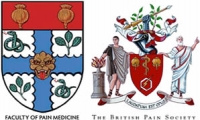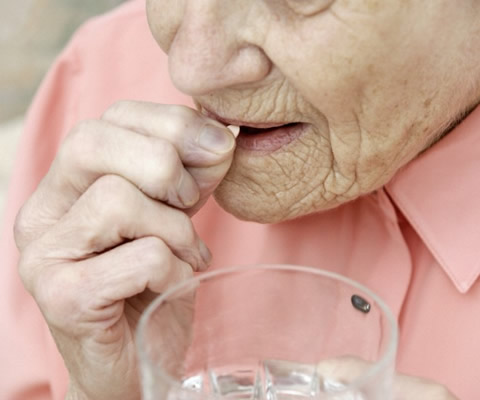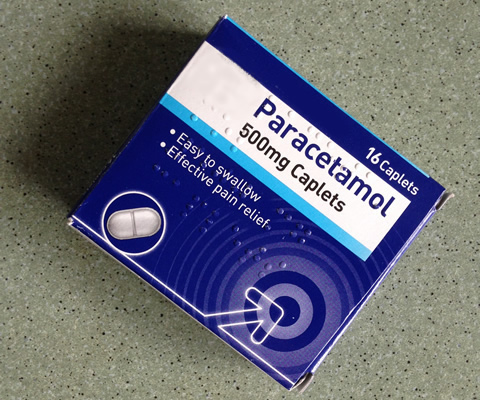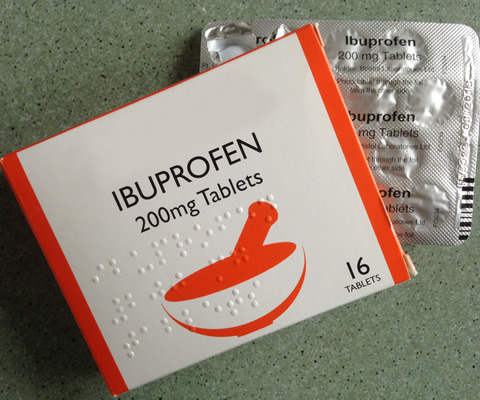Medications and Older Adults course



This session describes the physiological changes that occur with ageing and the effects these changes have on the handling of analgesic medicines.
Learning Objectives
By the end of this session you will be able to:
- Describe the physiological changes of ageing that alter drug handling
- Outline the effect of physiological changes on the handling of paracetamol and NSAIDs in older people
- Explain the clinical relevance of pharmacological differences between different opioids in older people
- Describe the considerations when choosing pharmacological treatments for neuropathic pain in older people
- Identify topical treatments for pain that may be effective for older people
Pain is a common symptom for many older people, who often have other conditions or illnesses and take multiple medicines. Safe prescribing of analgesics in older people is complex due to changes in how the body handles medicines, other medical conditions, polypharmacy and variability in response.
Roger completed his pre-registration training in the pharmaceutical industry and hospital pharmacy. He originally came to Nottingham to study for a doctorate in opioid pharmacology where his interest in pain management began.
For nearly ten years, Roger’s main role was to provide a clinical pharmacy service to the Anaesthetics directorate and to contribute to clinical activity of the multidisciplinary Pain Management Service. In September 2011, he was appointed to a new clinical academic position that provides teaching and research opportunities whilst maintaining regular clinical practice.
Roger is chair of the United Kingdom Clinical Pharmacy Association Pain Management Group. He was co-opted to the Council of The British Pain Society for several years before becoming and elected Council Member in 2011. He represents the Royal Pharmaceutical Society on pain management issues in both online and traditional media, including BBC Regional Radio regular comment.
Roger is a module editor and author for the ePAIN project.


- Acute Medicine | Cough 01 knowledge C for GPs
- Posted By eIntegrity Healthcare e-Learning
- Posted Date: 2025-01-09
- Location:Online
- This session focuses on the causes of acute and chronic cough and describes the investigation and management of cough.
- ICU learning pathway | Tracheostomy 2: Emergency M...
- Posted By eIntegrity Healthcare e-Learning
- Posted Date: 2025-01-09
- Location:Online
- This session covers the warning signs to be aware of when looking after a patient with a tracheostomy or laryngectomy, what equipment to have immediately available at the bedside and the emergency management of upper airway complications.
- ICU learning pathway | Arterial line: indications,...
- Posted By eIntegrity Healthcare e-Learning
- Posted Date: 2025-01-09
- Location:Online
- This session describes the main situations in which the use of an arterial line is indicated and those in which it is contraindicated, as well as the complications that can arise when an arterial line is used and how these complications can be managed.
- ICU learning pathway | Bronchial_lavage
- Posted By eIntegrity Healthcare e-Learning
- Posted Date: 2025-01-09
- Location:Online
- This session describes bronchoalveolar lavage. It also reviews the indications, the procedure, the investigations that are performed and the complications that can arise.
- ICU learning pathway | Central Venous and Pulmonar...
- Posted By eIntegrity Healthcare e-Learning
- Posted Date: 2025-01-09
- Location:Online
- Central venous catheters are widely used in various clinical settings. This session describes the indications for their use, their types, sites of insertion, techniques employed in their insertion, benefits and risks associated with their use. The pulmona







